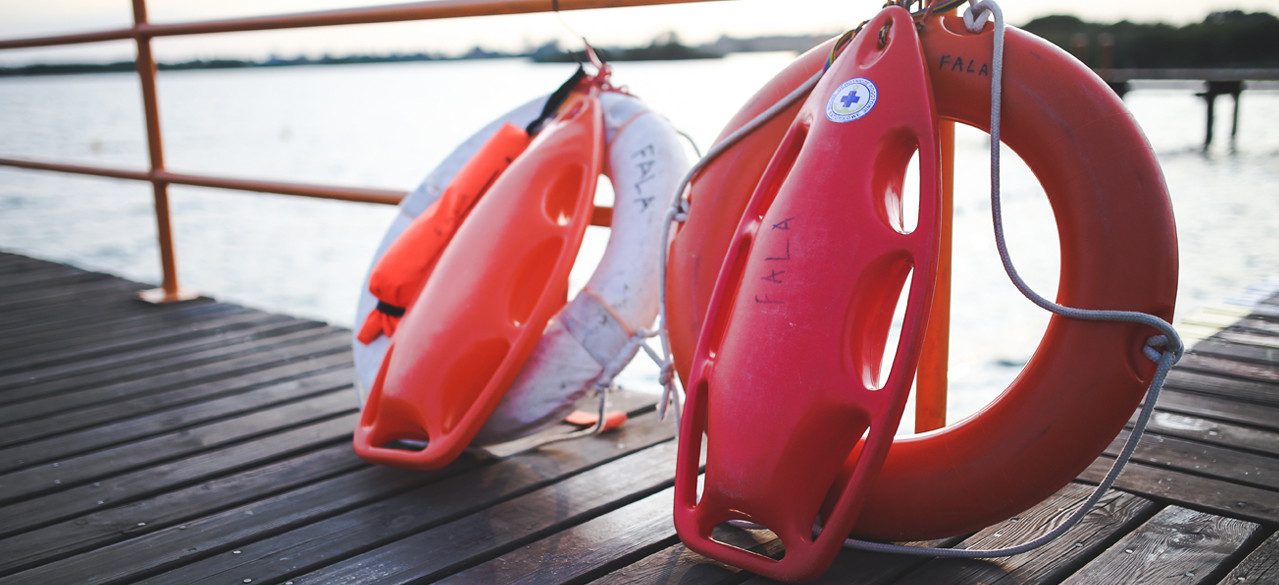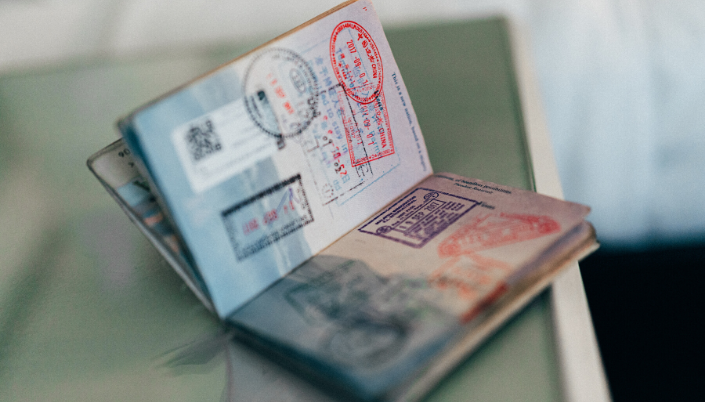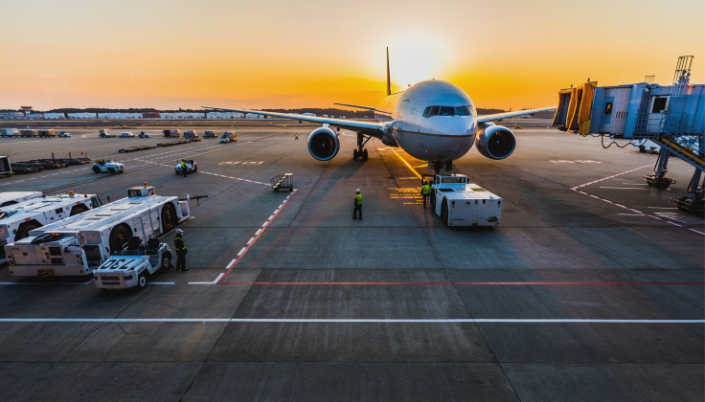

11 Common Risks to Avoid in Any Country
02 May 2017 by Olga Brighton
Travelling is a great experience, but it also comes with its share of risks. However, you can be a savvy traveller and avoid many of the travel risks by being prepared in advance. Firstly, wherever you chose to travel, visit the FCO website on health and safety abroad, www.gov.uk/travelaware, which provides valuable information by country.
You can add peace of mind to your travels a by taking out comprehensive travel insurance. If you think buying travel insurance is an unnecessary luxury, you are wrong! Travel mishaps can cost you thousands. A good travel insurance policy will have a 24 hour Assistance Company that can provide essential multi-lingual support if you have an unforeseen emergency medical problem while travelling. They can also help arrange medical assistance and pay bills without you having to fork out first!
Here are 11 common risks to avoid in any country:
1. Emergency medical ailments

Thousands of travelers a year suffer an illness or accident while on holiday. The most common medical complaints are diarrhea and food poisoning. Avoid drinking tap water and ice in cold drinks. Also avoid food that may have been prepared using tap water – such as salads. Enjoy the local delicacies, but be aware that this may be very different to your usual diet, so exercise moderation to avoid an upset tummy. And think twice before trying these 9 most dangerous foods in the world.
2. Accidents or injuries while doing sports or recreational activities
Many holidaymakers try adventure sports and activities during a trip such as sailing, surfing, hiking. Make sure that there are the right safety measures and procedures in place before partaking. Also make sure your travel insurance policy covers the activity you chose.
3. Pickpockets
Most major cities have their share of pickpockets. Keep you wallets well out of site, bags closed and facing inwards, and don’t carry all your money in one place. Avoid taking too much jewellery away with you – especially if it will be eye-catchingly tempting to pickpockets. Use hotel safes where available.
4. Loss of passports or travel documents

Always keep your passports and important travel documents in a safe place and avoid carrying them with you if you can. Use the hotel safe if available, and have copies of all passports and other essential id and documents.
5. Accidentally causing harm or injury to another person
This is a greater risk if you are in very crowded places, or where you are participating in a joint/group activity. Try to stay surrounded by people you know and be very mindful of those around you so that you don’t cause them, or yourself any harm. Many comprehensive travel insurance policies provide public liability cover, so you may be covered if you accidently cause harm or injury to others.
Read also: Travel Destinations with the Highest Murder Rates
6. Extreme weather conditions
Before you book, check out the weather in the country you plan to visit. This is particularly relevant if you are travelling to typhoon or hurricane-prone areas or extreme weather locations including Nordic countries.
7. Political events
Be aware of the political stability and any recent popular unrest in the city or country you are visiting. Check the FCO website for guidance in advance and don’t go against their advice.
8. Cancellations

Flight and trip cancellations can occur if there are circumstances beyond your control that make it impossible for you to travel. Check that all is well with your airline or tour operator before you leave home (after all – look at the issues BA had this week). Most decent travel insurance policies will have cover for pre-paid travel expenses in the event that you cannot travel, depending on the circumstances.
9. Baggage loss
Millions of items of luggage are lost each year. If this happens, your travel insurance can cover expenses incurred while you’re waiting for your baggage to arrive or replace your belongings if your baggage cannot be located. Read these top tips about baggage cover on your travel insurance.
10. Be aware of local rules around photography
be careful when taking photographs, videos or using binoculars. These activities may be misunderstood by local authorities, especially near military installations. You may also cause offence to local inhabitants who may not want to feature in your photo! If you lose your camera or other electrical equipment you should be covered on your travel insurance, depending on its value. Check the policy ‘single article’ and ‘valuables’ limit to ensure you are adequately covered.
11. Cutting your vacation short because of issues at home

You might have to cut your trip short because of family emergencies or other issues at home. Make sure you have a reliable phone with Wi-Fi so you stay connected and have the full facts before making the move to curtail your trip. Most good travel insurance policies will have curtailment cover for certain circumstances, such as sudden death or serious illness of a close relative.
Most of these common risks have costs that can be reimbursed through your travel insurance. If you are going on several trips throughout the year, get an Annual Multi Trip insurance. Whereas if you are going on one special trip, you can just purchase single trip travel insurance. Either way you can be assured that you will have peace of mind while you’re travelling.
Read also: Avoid Chilling Costs of Travel Mishaps
We accept

